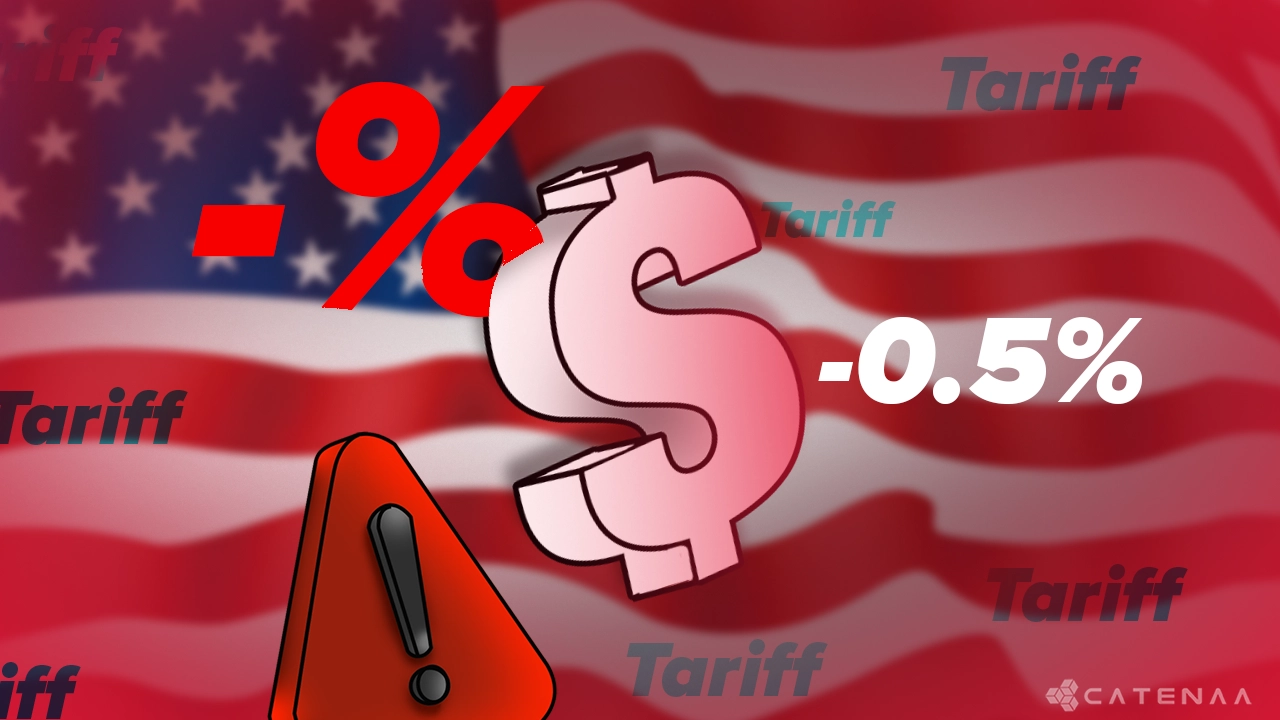Catenaa, Friday, June 27, 2025-The US Federal Housing Finance Agency (FHFA) has instructed Fannie Mae and Freddie Mac to develop formal proposals that would treat cryptocurrency holdings as eligible assets in assessing mortgage applications, in a move signaling deepening institutional interest in digital assets under President Donald Trump’s administration.
In a directive posted Wednesday, FHFA Director William Pulte said both entities must prepare frameworks for evaluating cryptocurrencies as part of their reserve criteria for single-family mortgage loan risk assessments.
The decision comes as part of what the administration calls a broader effort to establish the United States as the “crypto capital of the world.”
The FHFA’s directive follows President Trump’s ongoing push since January to integrate crypto into federal financial frameworks.
His administration has championed executive orders backing a US strategic Bitcoin reserve and placed crypto-friendly officials in key regulatory posts.
In a separate post Tuesday, Pulte said the FHFA had already begun studying the role of crypto holdings in qualifying borrowers for mortgage loans.
As of June 25, the US Housing Finance Board is also reviewing the broader applicability of crypto and digital assets in underwriting and mortgage risk models.
Financial disclosures show Pulte personally holds between $500,001 and $1 million in Bitcoin and Solana, as well as stock in crypto mining firm MARA Holdings.
Fannie Mae and Freddie Mac, federally chartered mortgage giants, provide liquidity to US housing markets by buying and guaranteeing home loans from lenders.
Any shift to accept crypto in mortgage underwriting would mark a significant change in US housing finance policy.


